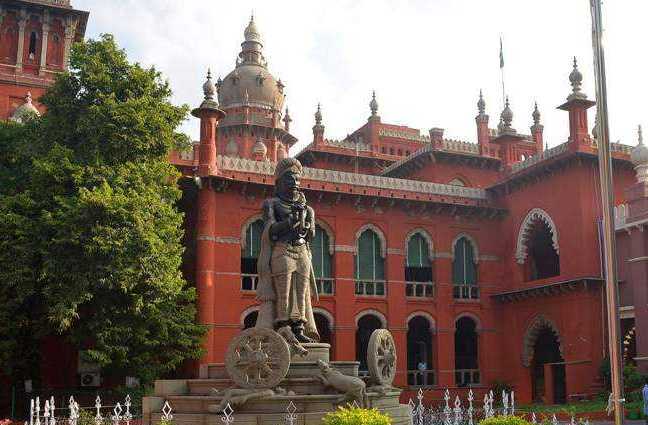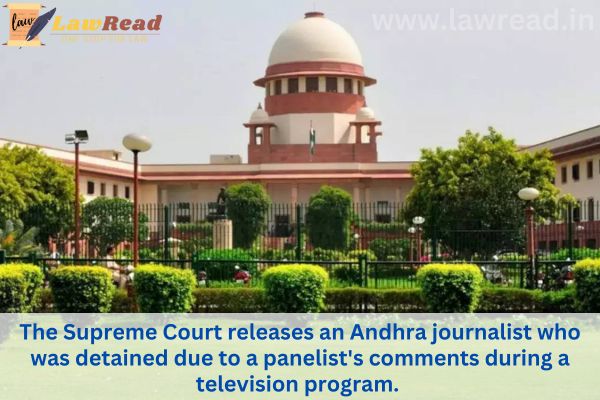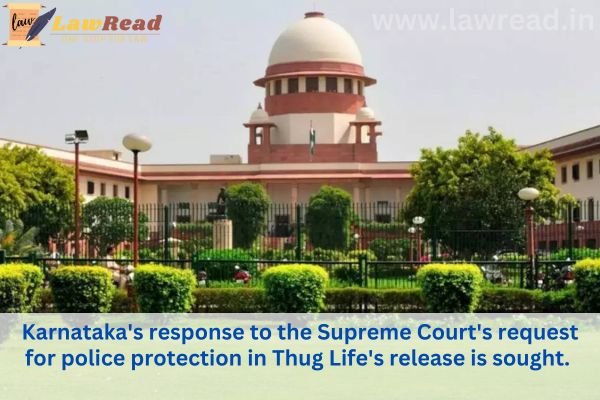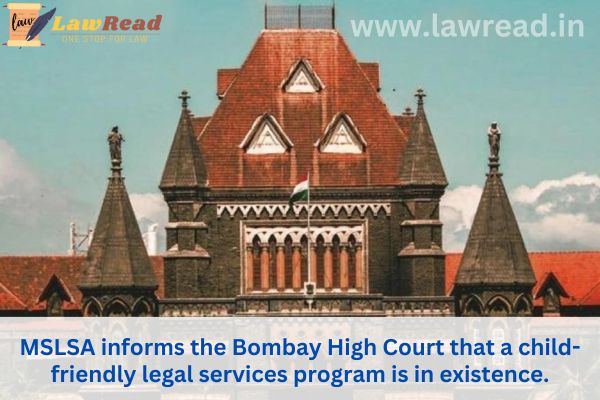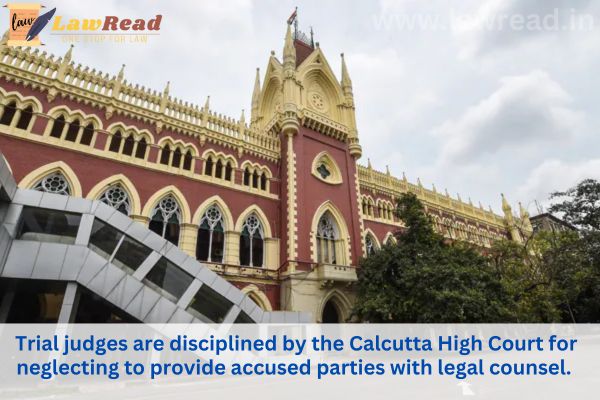News
The incident occurred after the husband and wife's relationship ended, and the Supreme Court dismissed the case against the man's relatives filed under Section 498A of the IPC.
The husband's family had petitioned the Apex Court to overturn the contested ruling, arguing that the High Court had dismissed the plea to quashing the summons order issued under the IPC and Dowry Prohibition Act without considering the merits of the case.
.jpg)
Because the incident occurred after the divorce decree was issued and the husband and wife's relationship had ended by then, the Supreme Court dismissed a criminal complaint filed against the husband's relatives under the IPC and the Dowry Prohibition Act.
In a case filed under Sections 498A, 323, 504, 506 of the Indian Pernal Code, 1860, and Section 4 of the Dowry Prohibition Act, 1961, the appellants petitioned the Apex Court to quashing the summoning order issued by the Trial Court. The High Court denied their request without rendering a decision on the merits of the quashing petition.
According to the Division Bench, which was made up of Justices Sanjay Karol and Prashant Kumar Mishra, "Even if such an incident occurred on August 16, 2015, the fact remains that the husband and wife's relationship had already ended on that date, so the appellants, who are the husband's relatives, cannot be prosecuted for offense under Section 498A IPC and Section 4 of the Dowry Prohibition Act, 1961."
AOR Garvesh Kabra represented the Respondent, and Advocate Bibek Tripathi represented the Appellants.
Background Information
The second respondent-complainant's husband is related to the appellants. Following their 2010 marriage, the couple briefly resided in Kota, Rajasthan, before she moved out of the married couple's house in October 2021, taking everything she owned, including her stridhan, and moving in with her parents.
After his attempts to get the respondent-wife back to restore their marriage failed, the husband filed for divorce. A decree of ex parte divorce was issued. But three years later, the respondent-wife filed a criminal case registration application under Section 156(3) CrPC. In accordance with Section 498A IPC, the magistrate summoned the appellants. The appellants, feeling wronged, petitioned the High Court under Section 482 Cr. P.C. to have the summons order revoked, and the court denied their request in the contested order.
Reasoning
The Bench took note of the complainant wife's allegations that the appellants visited her home in Kota in 2015 and threatened and mistreated her in order to seek a dowry. They were also accused of stealing her Mangalsutra and fleeing. According to the Bench, there was no explanation or rationale for the appellants' attempt at reconciliation by going to the complainant's home while the divorce had already been finalized by a previous decision in 2012. Furthermore, the husband and wife's relationship had already ended on the alleged occurrence date.
The ruling in Geeta Mehrotra & Anr. vs. State of Uttar Pradesh & Anr. (2012) was cited, in which the Supreme Court condemned the practice of bringing the husband's family members to trial for the offenses under Section 498A IPC and Section 4 of the Dowry Prohibition Act.
In light of this, the Bench determined that the current appellants were unnecessarily included in the complaint without being specifically accused of any incidents involving the husband and wife during the duration of their marriage and their time together in Kota. It was observed that the most of the complaint is devoted to the husband's mistreatment, with only the 2015 incident at the appellant's home mentioned. But the ex-parte divorce decree had already been issued by then.
Because the appellants are the husband's relatives, the Bench ruled that permitting the trial to proceed against them would only amount to a vexatious trial. As a result, the Bench dismissed the complaint case against the appellants and granted the appeal.
Title of Cause: State of U.P. & Ors. v. Sushila & Ors. (Neutral Citation: 2025 INSC 505)
Look:
Appellants: AOR P. V. Yogeswaran, Advocate Y. Lokesh, and Advocate Bibek Tripathi
Respondents: Advocates Nikita Jaju, Pooja Kabra, Vikash Bansal, and AOR Garvesh Kabra
To read or download Judgment, click this link.

